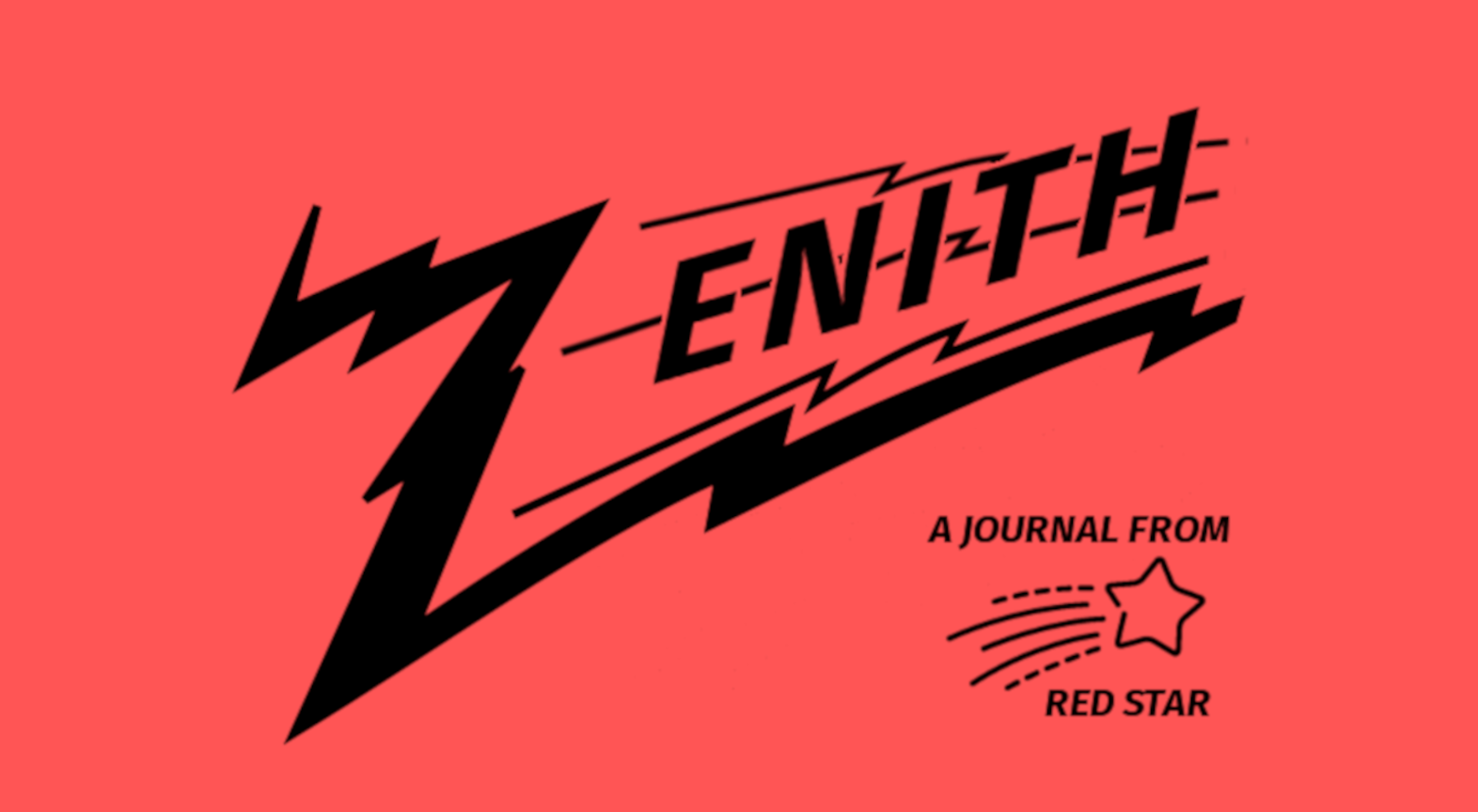DSA as a Placeholder

By Michael S.
Red Star has previously written on the need for a party of, by, and for the entire working class to house and democratically facilitate the movement towards socialist transition. In our 2020 strategy zine we wrote “we’re not sure if DSA can become a real workers’ party - but we want to at the very least lay the groundwork for one.” This article will provide more context into a concept Red Star has developed to describe our relationship to DSA: DSA As Workers’ Party Placeholder. Why is a Workers’ Party necessary, and what does “laying the groundwork” with DSA mean at this stage in our development?
As we wrote in our zine What’s A Workers’ Party?: “The workers of the United States don’t have a single outlet for their collective voice … Where can we organize together democratically against the bosses and the landlords? Working-class social change needs to be democratic, and it needs to be accountable to the workers as a class of people – the workers need to be able to discuss, vote, and organize. We need an organization to house this kind of work on a large scale; we call that kind of organization a party.”
Without vehicles that can articulate the demands of the masses we have no means of moving the world towards socialism. Without a party structured correctly we have no means of conditioning revolutionaries through struggle into having a scientific outlook capable of overthrowing the present state of things. Historically, Workers’ Parties have played an integral role in revolutions doing exactly this. In most cases of socialist revolution, there have been stages that include a mass party that attempts to be a home for the entire working class while a smaller socialist or communist group within that mass workers’ party helps steer things in socialist directions when they can. Most importantly, a workers’ party conditions its members through struggle to be better revolutionaries and to understand what the correct path is for revolution in our lifetimes. Red Star believes in the need for a Workers’ Party, and while DSA has many ways in which it is not currently structured as or behaving as a Workers’ Party, we will work to push DSA in that direction. We do this because we think it is the best vehicle currently available to us in the US.
For these reasons, Red Star considers DSA as a placeholder for a Workers’ Party. This means that while a Workers’ Party does not yet exist, we treat DSA as if it will become that party for the time being. We have no desire to predict whether or not DSA will become a party, whether it will be one organization of many making up a party, or be part of a future party at all. This designation is only to guide our current actions, and is something we’re willing to change as conditions change. DSA has conditioned us into our current political orientation, and we believe it can condition more revolutionaries in the years to come if set up and organized correctly.
We know that DSA is currently far from an organization of the entire working class, but we need somewhere to start. DSA currently has the most potential of any organization in the country to become this organization of the entire working class, or to push material conditions towards the foundation of such an organization. With a recent peak of about 90K members, over 200 chapters (though this is on the decline), and no unchangeable structural barriers to becoming a real workers’ party (such as the undemocratic and unaccountable structures of the Democratic party), it’s the best option the US has had in a long time. The process of becoming a workers' party,or becoming a component of one, involves raising the level of DSA’s engagement in Arenas of Struggle, and recruiting participants from those struggles into DSA. This process on a mass scale would raise the level of class consciousness among the working class, and increase DSA’s power to win fights against the ruling class - bringing us closer to the formation of a Workers’ Party.
DSA being this placeholder means that Red Star will continue to build the org at the expense of “purity politics”. The most important thing is to build the scale and structure of DSA so that it can articulate the will of its members and make that will into reality. This means that DSA must be an org that functions democratically, even if building these democratic structures pushes the org in directions that we don’t think are 100% in line with our core program or priorities. We will still agitate for revolutionary directions, but believe that within DSA at this stage democracy must come first. We believe that through struggle within a democratically structured org many people become conditioned towards correct scientific conclusions on what our tasks are, and creating more of these revolutionaries is our primary goal. We also believe that if an org is genuinely democratic and structured well people can have more opportunity for discussion, which is a great place for groups like Red Star with cogent ideologies to spread those cogent ideologies. In a genuinely democratic organization there can be open questions around direction that become further colored by the content of the philosophy behind them. Many of us in Red Star joined DSA as social democrats, liberals, or anarchists and only through struggle in democratic structures did we adopt scientific socialism. We want to give others the same opportunities to grow as we did, through practice. We’ve found our caucus to be successful in the work we’ve set out to do and we think that conditioning more people who can function this way will be a benefit for the movement. We have learned that the org falters when it is unable to change and learn from mistakes, when process is thrown to the wind, and when internal democracy breaks down. We need to generate processes and structures people have faith in, so losing internal battles isn’t chalked up to cheating - losses can be attributed to the org not yet being swayed to your own ideology yet. DSA should be a place for people of varying stripes to develop a common socialist program, where we struggle internally and come democratically to conclusions on how to move forward, learning from each other and the struggle as we do so.
While we do think that DSA should be a home to all stripes of people who self-identify as socialists, we should primarily be attempting to build a place welcoming to all who want to help us expand and strengthen that home. This does mean that we need to develop an allergy towards people who aren’t interested in building a democratic organization in good faith. Anyone who threatens the org when things don’t go their way shouldn’t be welcome. Anyone who is building a parallel organization at the expense of DSA should be treated with skepticism, and ways to merge the two democratically should be sought out. If certain groups or individuals make it clear they are more interested in their pet project than in building DSA we need the organizational fortitude to ask – with one voice – that the project must either be a part of DSA democracy, or it should be pursued outside of DSA. That’s how important democracy is to the health of the organization, in our view.
What will DSA look like as we go through phases of restructuring on the way to becoming a workers’ party? A few snapshots of the future Red Star would like to build near-term:
- Structures will be in place so that decisions can be made democratically and be judged by the vast majority of people on both sides as being made fairly no matter who wins. This will be done from the locals on up to national, with state-wide and regional groups in between. This helps with buy-in, and keeps people from burning out and feeling totally defeated when things don’t go their way. They can learn from their loss and move forward, choosing either to agitate further or synthesize with the opposing point of view. The reaction to losing won’t be a critique of the “undemocratic” structures but instead an acknowledgement that the position agitated for didn’t have majority buy-in.
- Line struggle will happen in these democratic structures. Instead of internal fights being mainly about differing personalities and subcultural signaling, they will shift to mostly take on the character of opposing political positions, which can be argued out in the open in front of less knowledgeable comrades who want to learn. A great example of this is the current International Committee, where ideas around internationalism are debated out in the open in the IC slack and at meetings.
- Leadership positions will be politicized. Right now almost all leadership roles in our org are thankless positions given little power or ability to change the org. Leaders are treated as punching bags, representing any decision we don’t like, and are called “authoritarian” when they do act with the power that they have. This results in a dearth of people willing to fill these roles. For example, we only had 20 people run for 16 NPC positions at the 2021 National Convention. For a nation-wide socialist org with 90K members, that’s abysmal. If and when DSA is a workers’ party, leaders will make decisions and they’ll have to explain their actions to the general membership. They’ll be given power, their choices will be openly political and they’ll be elected again if the majority of voters in their chapter (or state-wide chapter, or national organization) appreciate the political decisions they’ve been making.
- Members will be conditioned to spot the differences between arguing over strategy, tactics, and ideology on top of knowing how to make sure a discussion remains dialectical - tied in directly with the concrete work we’re doing rather than focusing on essentialized abstracts. A DSA elected official will cross a line on an issue we deem important and the conversation around whether or not to discipline them won’t be a screaming match of who “believes” in the issue vs who is “a pragmatist” but over which processes create a web of electeds that can enact our agenda the best, and how to hold people to relevant and consistent standards that drives our agenda forward as best we can. People not interested in creating and driving forward a democratically-decided agenda will be recognized as such and the organization will develop an allergy to them. If there is an obvious process in place for discipline that we walk all electeds through it’ll be obvious when they should and shouldn’t be punished, and the arguments can happen over how to change the process to enact our agenda rather than have knock down drag out fights over every political crisis.
As a socialist organization, DSA is at a crossroads. Do we want to be an advocacy organization that spreads ideas and raises awareness? Or do we want to be a Workers’ Party that can overthrow the present state of things? Red Star will push DSA towards being a Workers’ Party, and hope to condition more revolutionaries like ourselves who believe the same and join us in that struggle.

